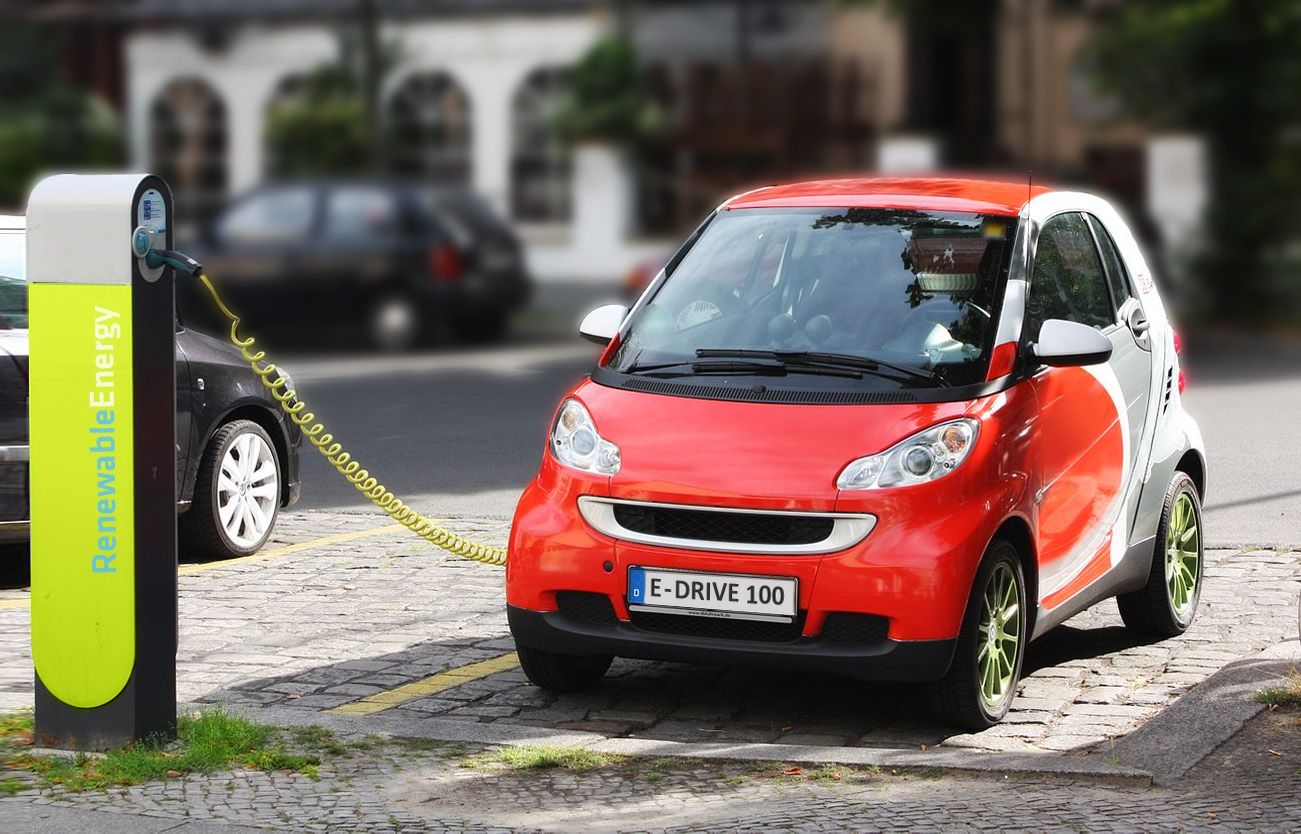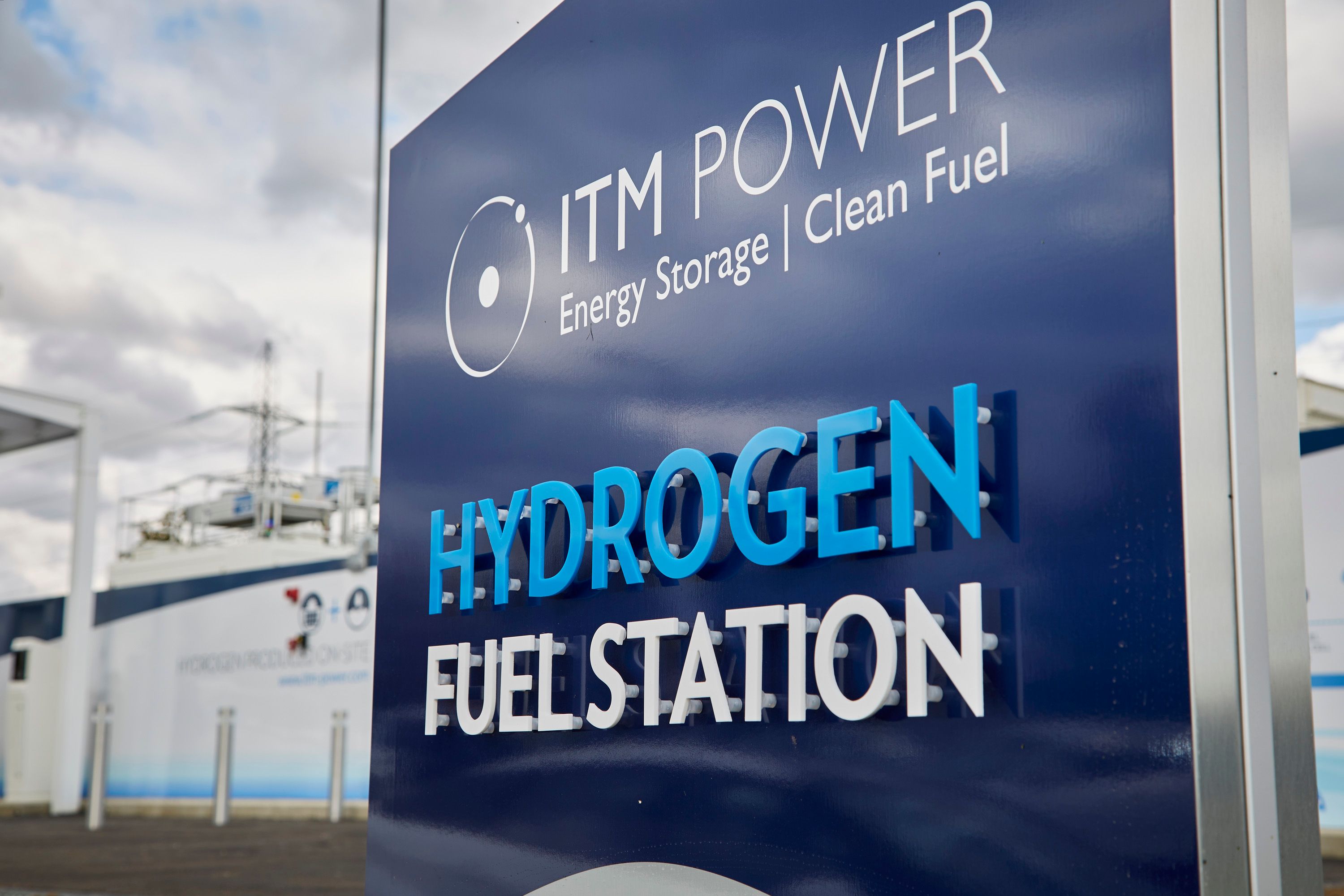If you take a look around, you might get a strong impression that electric vehicles are definitively the future. In fact, Tesla's skyrocketing share price briefly made Elon Musk the world's richest man, and the company reported its first profitable year since it was founded in 2003.
Municipalities are also installing charging ports and adding electric vehicles to their fleets. Further, legacy auto manufacturers like Ford and GM are pledging to scale back on gasoline-powered cars and only produce electric vehicles from as early as 2035, and direct competitors to Tesla-like Lucid are beginning to spring up.
The first electric cars appeared in the late 19th century, and electric vehicles date back even further than that. In 1899, Belgian Camille Jenatzy used an electric vehicle to break the land speed record, hitting 65 MPH. That may not sound too significant to anyone who isn't willingly driving around in a Fiat 500, but back then, breaking the 100 KM/H barrier (just over 62 MPH) was a major achievement.
But is the future really electric? Possibly not. The main driving force behind the hype has been global concern over carbon emissions and a desire to limit them before the situation gets beyond humanity's control.
That's as good a reason as any, but there are other ways of achieving these goals, and electric vehicles aren't as green as they seem in the first place.
Electric Vehicles Aren't As Clean As They Look
They are cleaner than fossil fuel-powered cars over a lifetime, of that there is no doubt. But just because your vehicle isn't releasing any emissions doesn't mean the car hasn't had any impact on the planet. 5-10% of a car's lifetime CO2 can be contributed to carbon emissions coming from the production of the vehicle itself.
Electric cars are on the higher end of the chart due to their batteries. Those batteries are also something that will need replacing, as all car parts do, should someone want to keep their car on the road and reduce its environmental impact.
To their credit, Tesla does work to either extend the life of, or recycle, all of the lithium-ion batteries used in their vehicles.
However, when the vehicle hits the road, the energy to power it has to come from somewhere. As around 60% of electricity generated in the United States comes from oil, coal and gas, fossil fuels are still effectively getting you from A to B in most cases.
It Also Comes Down To Range
An electric car is well suited to most situations. If you're smart about charging, there isn't much chance of finding yourself stranded on the roadside halfway through your daily commute. But, there is a notable chunk of the population who struggle to keep an eye on their gas gauge, and the consequences of an empty tank aren't as severe.
If you find yourself stranded in your driveway or on the road, you can always get to a gas station, fill a can with fuel, and have enough juice to get your car to the pump and fill up properly. A flat battery on a Tesla requires a generator or a tow truck.
The Tesla will, of course, do its best to warn its driver that it needs to be charged. It will highlight local charging points that are still in range and limit its own speed to conserve energy. But you can still run one flat. People ignore fuel warning lights on standard cars and their cell phones, begging for a charge all the time.
Then there's range. Tesla managed to get over 400 miles out of some of their models, and electric rival Lucid promises to smash through the 500-mile range barrier.
Once again, that's great for everyday use (as long as you're not the electric equivalent of a quarter tank person). But it's not great for long road trips. Yes, not everyone needs to drive from New York to Florida in one blast, but those that do would probably pick five minutes filling a tank over several hours sitting in a truck stop waiting for their battery to recharge.
What Are The Alternatives?
The two current contenders are hydrogen-fueled cars and hybrids. Hydrogen runs into similar environmental issues as electric, primarily that our current methods of extracting the gas uses a lot of energy. It's also the most expensive of the three options. This may change when hydrogen extraction methods are refined and the cars themselves become more common, but there is a long way to go yet.
Positives include the ability to refill your tank with actual gas in about the same amount of time it takes to refill your current tank with "gasoline". It's also the most abundant element in the universe, so we're unlikely to run out of it any time soon.
Then there are hybrids. A standard hybrid powertrain can be powered by petroleum and battery power, to provide you with extra range. It's a simple concept and works well. It's still not as green as an electric or hydrogen-powered vehicle, but it is better for the environment than a regular car.
You can refuel it in about five minutes, the same way you refuel your regular ride. Plug-in hybrids are also a thing, so you can enjoy the benefits of an electric vehicle but still have that gas tank get out of jail free card when you need it.
Add biofuel into the mix (which can burn up to 86% cleaner than gasoline), and not only do you have a way to make hybrids an even better choice, they make keeping current gasoline-powered cars on the road viable.
Nationwide, electric vehicles are on average 60% cleaner than gas-powered cars, which makes them less clean than both cellulosic and sugar cane ethanol biomass rides.
Electric vehicles have come a long way, but their limitations aren't shared by many other transportation methods. They are going to get better, but plenty of other vehicles could go so much further.




